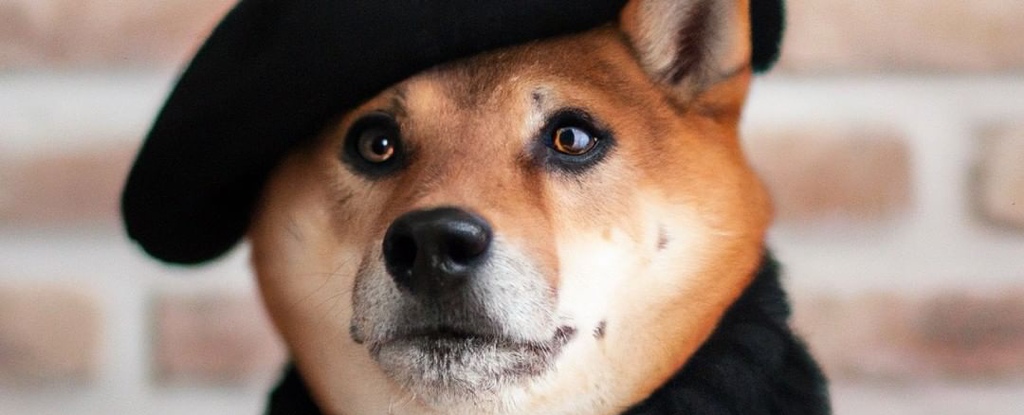The hottest startup in Silicon Valley right now is OpenAI, the Microsoft-backed developer of ChatGPTa much-hyped chatbot that can write a poem, a college essay, or even a line of software code.
Tesla tycoon Elon Musk was an early investor in OpenAI and Microsoft is reportedly in talks to increase an initial investment from $1 billion to $10 billion to challenge Google’s world-dominant search engine.
If agreed, the Windows maker’s cash injection would value OpenAI at a whopping $29 billion, making it a rare success in the tech world as big players like Amazon, Meta and Twitter cut costs and lay off staff.
“Microsoft is clearly aggressive on this front and will not be left behind in a potentially game-changing AI investment,” said Wedbush Securities analyst Dan Ives.
Before the release of ChatGPT, OpenAI had techies excited Dall-E 2Software that creates digital images with a simple instruction.
Microsoft, which makes no secret of its AI ambitions, has integrated Dall-E 2 into several of its applications and now, according to a report In Bloomberg, the tech giant plans to graft ChatGPT onto its Bing search engine to take on Google.
Since the launch of ChatGPT in November, the power of this chatbot has piqued the curiosity and intrigue of internet users.
It’s able to formulate detailed and human-like responses on a wide variety of topics in a matter of seconds, raising fears that it’s vulnerable to abuse by school scammers or disinformation.
‘Not cheap’
The staggering success is partly due to OpenAI’s clever marketing strategy in which it has made its research accessible to non-experts, said AI specialist Robb Wilson, founder of OneReach.ai, a software company.
“Having this technology available to technologists was one thing. Offering them in a chat UI and allowing non-developers to play with them sparked a conversation,” he said.
Founded in late 2015, OpenAI is led by Sam Altman, a 37-year-old entrepreneur and former President of Startup incubator Y Combinator.
From the start, the company has had the financial backing of renowned contributors, including LinkedIn co-founder Reid Hoffman, investor Peter Thiel, and Musk.
The multi-billionaire served on OpenAI’s board until 2018, but left the company to focus on electric vehicle company Tesla.
The startup also relies on a team of computer scientists and researchers led by Ilya Sutskever, a former Google executive who is based on machine learning.
OpenAI, which didn’t respond to AFP’s requests, had about 200 employees by 2021, according to a request posted directly on ChatGPT.
Despite the excitement ChatGPT is causing, the company has yet to find a path to financial independence.
Founded as a non-profit, the startup became a “capped for-profit” company in 2019 to attract more investors and, this week, co-founders said Greg Brockman that a paid version of ChatGPT is in the works.
Finding financing seems necessary for a company with exorbitant expenses.
In a Twitter exchange with Musk in early December Altman conceded that every conversation on ChatGPT OpenAI costs several US cents.
The company spends $100,000 a day on its bot, or about $3 million a month, according to estimates by Tom Goldstein, an associate professor at the University of Maryland’s computer science department.
Partnering with Microsoft, which provides the startup with its remote computing services, could reduce costs, but “either way, it’s not cheap,” Goldstein said.
“Some say it’s wasteful to put that kind of resources into a demo,” he added.





